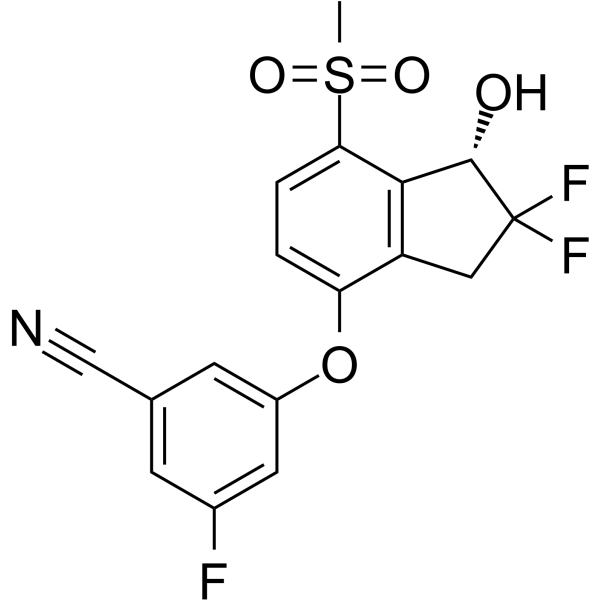
Metastatic kidney cancer remains largely incurable. Despite a dozen treatments and several immunotherapies, survival rates beyond 5 years remain around 10 percent. A study published in the Journal of Clinical Oncology reports initial findings with a novel drug belonging to a new class of medicines called HIF-2a inhibitors that show promise in treating metastatic kidney cancer.
Among 51 patients with aggressive kidney cancer that had progressed through four prior treatments on average, PT2385, the first HIF-2a inhibitor to be evaluated in clinical trials, blocked tumor growth for at least 4 months in 40 percent of the patients. Furthermore, cancer growth was stopped for more than a year in 25 percent of the patients. In addition, side effects were minimal.
"The combination of activity and tolerability is very encouraging," said corresponding author Dr. Kevin Courtney, Assistant Professor of Internal Medicine at UT Southwestern's Harold C. Simmons Comprehensive Cancer Center. "We treated multiple patients on this trial in the Kidney Cancer Program at UT Southwestern, more than at any other institution. In our experience, this HIF-2a inhibitor offers a combination of safety and potential activity that is unique compared to current treatments for advanced kidney cancer."
PT2385, developed by Peloton Therapeutics Inc., represents the culmination of two decades of research at UT Southwestern beginning with the discovery of HIF-2a by Dr. Steven McKnight, Professor of Biochemistry who holds the Distinguished Chair in Basic Biomedical Research, and Dr. David Russell, Vice Provost, Dean of Research, and holder of the Eugene McDermott Distinguished Chair in Molecular Genetics. Next was the finding of a vulnerability in HIF-2a by Dr. Richard Bruick, Professor of Biochemistry and the Michael L. Rosenberg Scholar in Biomedical Research, and Dr. Kevin Gardner, Professor of Biophysics. This research was followed by the identification of chemicals that exploit a crevice in HIF-2a to destroy its activity. These chemicals were then licensed to Peloton Therapeutics, in the UT Southwestern BioCenter at Southwestern Medical District, which developed the HIF-2a blocking drug.
In a manuscript published in Nature last year, Dr. James Brugarolas, Professor of Internal Medicine, showed that blocking HIF-2a successfully reduced the growth of 50 percent of kidney cancers that were transplanted from patients into mice. In fact, the HIF-2a drug had greater activity in this study and was better tolerated than sunitinib, the most commonly prescribed drug for kidney cancer.
Dr. Brugarolas, who directs the Kidney Cancer Program and is the Principal Investigator of one of only two Specialized Programs of Research Excellence (SPORE) in kidney cancer designated by the National Cancer Institute, is now working to identify patients who are most likely to benefit from treatment with PT2385. "One of the biggest challenges we face across all treatments for kidney cancer is pairing the right drug with the right patient," said Dr. Brugarolas, who also holds the Sherry Wigley Crow Cancer Research Endowed Chair in Honor of Robert Lewis Kirby, M.D.
"HIF-2a, which fuels cell growth, is the most important driver of kidney cancer and the development of a drug that is helping patients is a remarkable outgrowth of our research," said Dr. Russell.
UT Southwestern Medical Center owns stock in Peloton Therapeutics and has a financial interest in the clinical trial described in the Journal of Clinical Oncology article. Drs. Bruick, Gardner, and McKnight have financial interests related to consulting; and Drs. McKnight, Bruick, and Gardner related to investment.
http://www.utsouthwestern.edu/newsroom/articles/year-2017/kidney-cancer-drug.html



